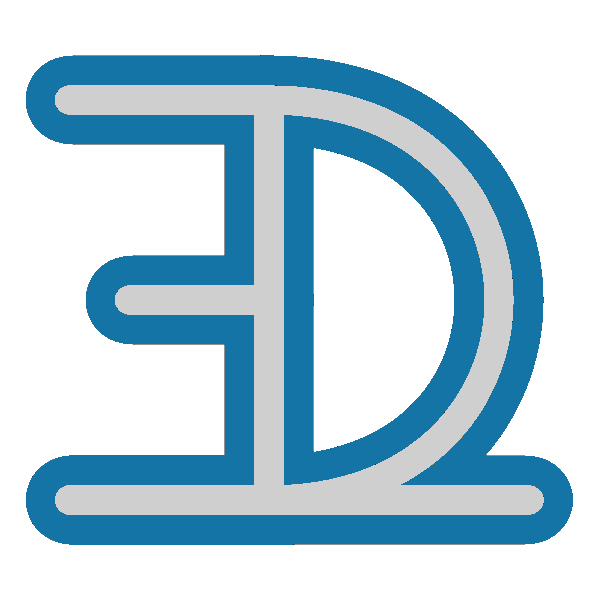Mathematical Physics
Geometry & Physics Group's Page
• String theory: topological field theory, string field theory, dualities and conformal field theories, advanced mathematical methods in renormalization theory, extensions of combinatorial matrix models to the tridimensional case, singular space-times and black holes.
• Topological quantum field theories (TQFTs), Batalin-Vilkovisky–Becchi- Rouet-Stora-Tyutin (BV-BRST) methods, constructive TQFTs; topological string theory and associated invariants.
• Geometric foundations of supergravity and string theory, special geometries, spin geometry and index theory, moduli and enumerative geometry problems; Weyl conformal geometry and applications.
• Geometric methods in quantum physics, quantum optics, study of symmetries using theory of representations, geometry of coherent states, representations of Jacobi-type groups with applications to quantum squeezed states; invariant metrics on Siegel-Jacobi upper half space and extended Siegel-Jacobi upper half space with Cartan moving frame method.
• Nonlinear integrable dynamical systems - discrete and supersymmetric integrability, cellular automata, resolutions of singularities and algebraic entropy using techniques from the algebraic geometry of rational elliptic surfaces, integrable soliton-hierarchies described by infinite-dimensional Lie algebras and super-algebras, integrability and super-integrability of geodesic equations on curved spaces with various geometries; applications of the geometric theory of dynamical systems to cosmology.
• Nonlinear dynamics of conservative and dissipative systems, localized structures in optics, fluids, plasma and interface plasma-short pulse lasers (study of soliton dynamics, pattern formations, stability, self-focusing, and weak (integrable) turbulence).
• Advanced computational methods in nonlinear photonics, in quantum and nuclear processes (numerical methods and high performance software, including by parallel and distributed Grid computing on multicore systems).



